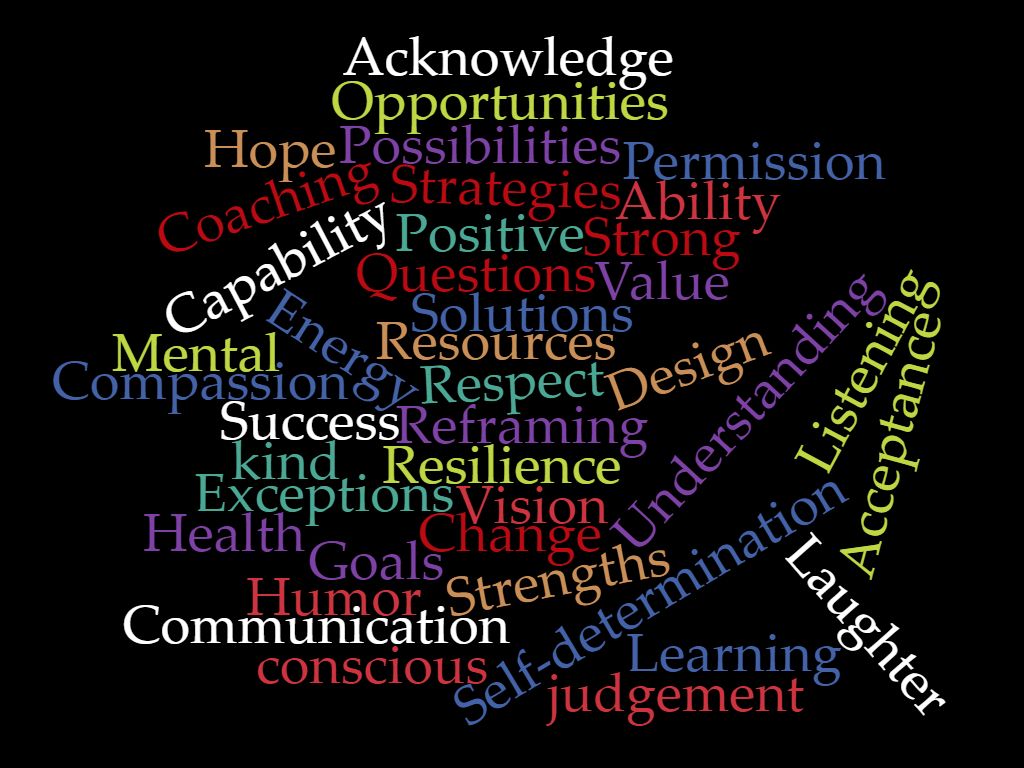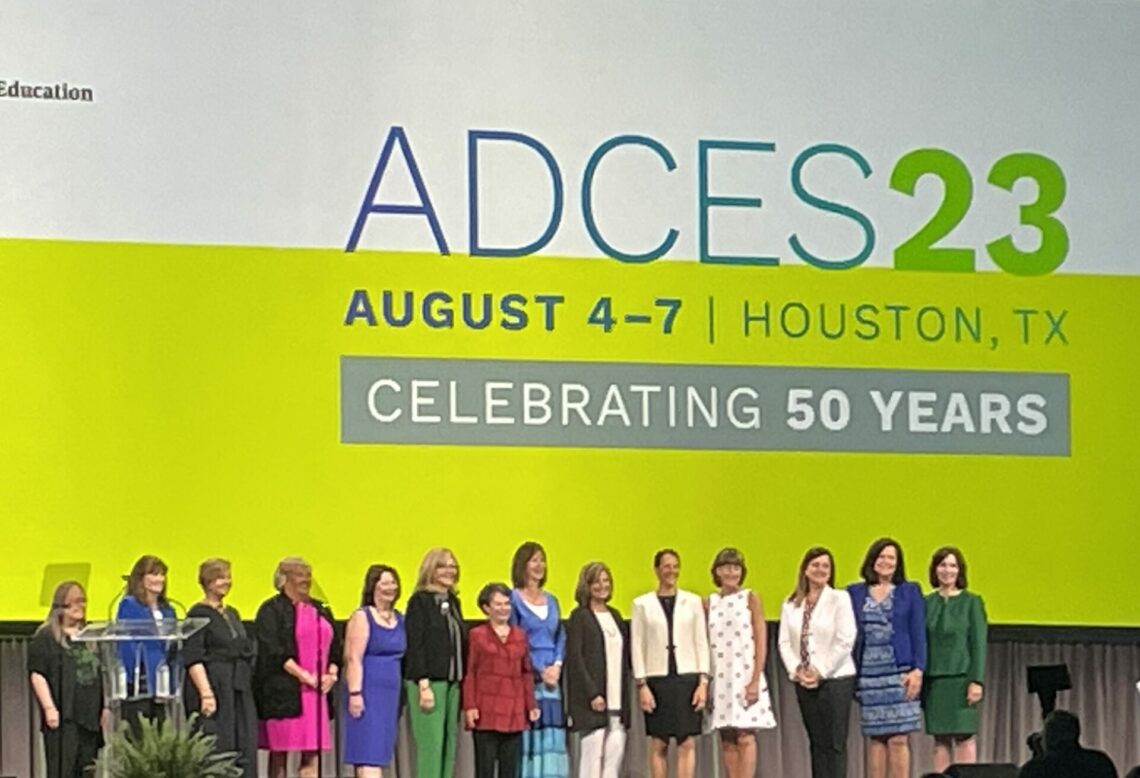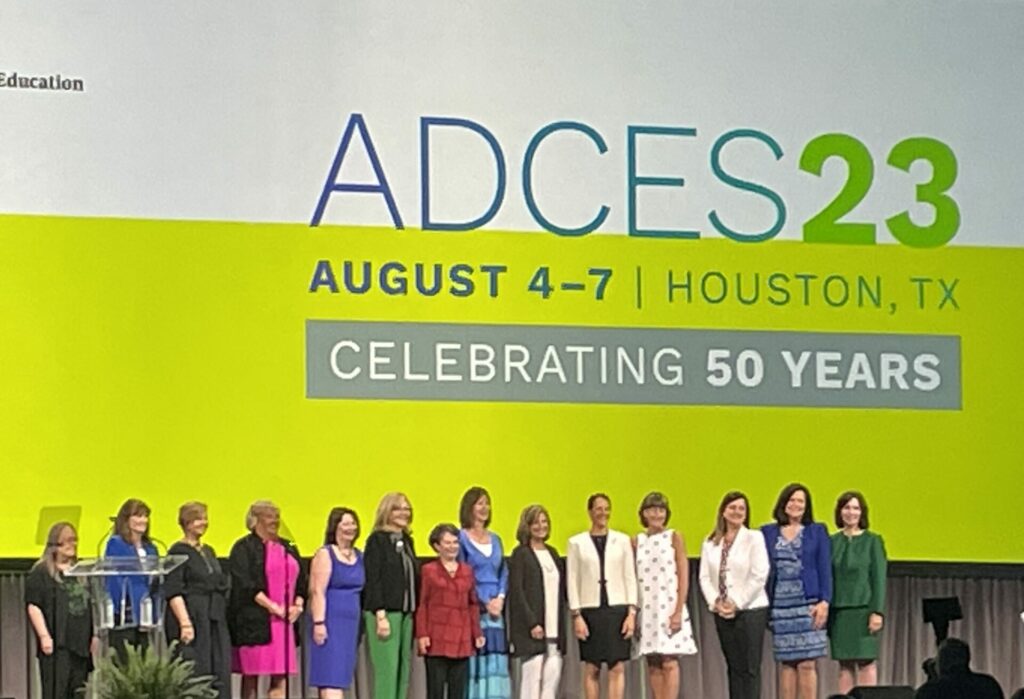
When there is Aloha in your heart, nothing is insurmountable.
~ Yoshio
Today’s word in our Be REAL series is Acceptance!
When we started our series on solution-focused words back in 2020, Acceptance was our first post in the series. We believed, and still do, that acceptance is the key underpinning of everything in healthcare and in life. We wrote about both self-acceptance as well as healthcare professional (HCP) acceptance of what people living with diabetes are able to do. We all have different capacities and priorities, and we might not agree on what these are. Our role as an HCP is to understand and support people sharing their experiences with us and help them to live in acceptance of the decisions they make. Our goal is to support and not enforce.
Why did we start our blog with an image of Duke Kahanamoku? He was known as the Ambassador of Aloha. An Olympic swimmer and surfer from Hawaii who spread the spirit of Aloha and the acceptance that Aloha brings. Aloha means welcome, but also means love, peace, compassion and fellowship. What a great way to embody acceptance?
In today’s crazy world, acceptance can mean so many things. So we’d like to use Aloha as a simple way to think about how we accept ourselves and each other.
In our original blog series we suggested weekly “challenges” to our readers. Here we revisit our challenge from 2020 and add how we can position acceptance along with the spirit of Aloha.
Here are 5 solution-focused questions you can incorporate to focus on building acceptance:
- Could you tell me about your strengths and qualities you are happy about?
- What is one thing you have come to accept in your life that took some time to process?
- How did you feel when you were finally able to accept that challenging situation?
- How could you use those experiences and feelings to move you forward to accept a new challenge now?
- How can I help you come to realize acceptance in your life?
As an additional challenge, we encourage you to accept the spirit of Aloha as you engage in your daily life,at work and at home, with people you know and with those you don’t. Be an example of accepting differences in the world with love, peace, compassion and fellowship.
Join us next week as we focus on the L in Be REAL: Listening!
We welcome anyone interested in our approach to Subscribe to our blog and we’ll email you when a new post is published!
If you are a health care professional and interested in learning more about our solution-focused practice and approach, when you subscribe to our blog, we’ll send you in return a FREE resource of 10 Solution-Focused Questions to start a solution-focused discussion with your clients.
Follow us on Twitter @AFreshPOVforYou
Deb is employed by Dexcom, but her words and opinions in this blog are her own.
Tami is employed by the University of Kentucky HealthCare Barnstable Brown Diabetes Center, but her words and opinions in this blog are her own.










